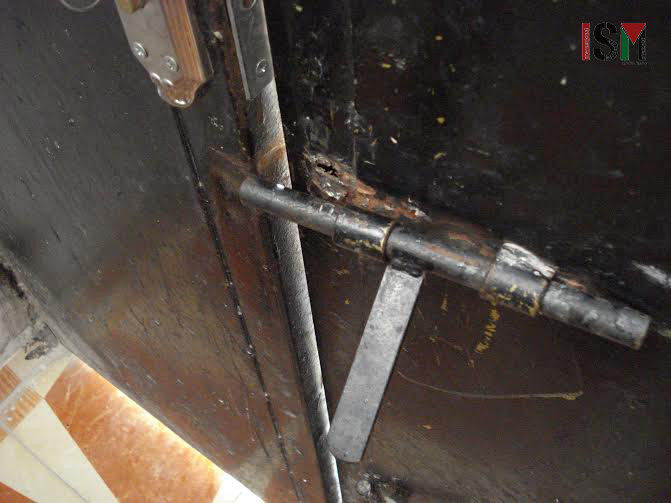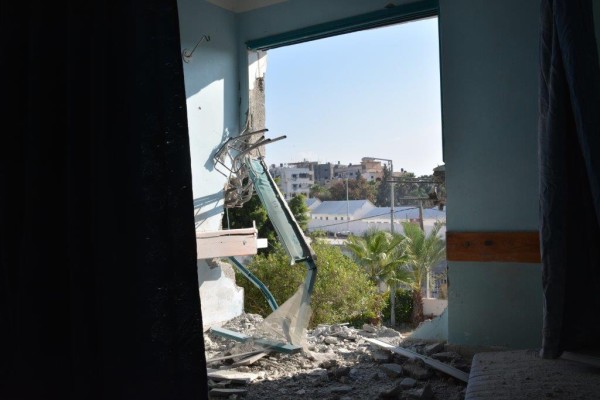Tag: Azzun
-
Village of Azzun suffers from continuous, targeted attacks by Israeli army
31st July 2015 | International Solidarity Movement, Nablus Team | Azzun, Occupied Palestine On Tuesday, July 28, at 2:40 pm, the Israeli army arrived to the village of Azzun, located in the district of Qalqilya, to block 3 of the 4 existing entrance gates. Since the 4th gate (east side), which leads to an illegal…
-
Palestinian family’s home invaded, two youths arrested by Israeli soldiers in Azzun village
11th December 2014 | International Solidarity Movement, Nablus team | Azzun, Occupied Palestine At 3 am, on the 8th of December in Azzun whilst the Radwan family slept, dozens of Israeli soldiers surrounded their house and broke in. They damaged the door as they entered, sweeping through the house and also breaking the doors of the kitchen cupboards. They ushered…
-
Israeli forces invade Azzun and use Palestinian civilians as human shields
24th July 2014 | International Solidarity Movement, Nablus team | Azzun, Occupied Palestine On Monday, July 21st, Israeli forces used Palestinian civilians as human shields in the village of Azzun, a village west of the city of Nablus. On most evenings several Israeli jeeps are stationed just outside the Azzun’s north gate. At 10 o’clock in the…



